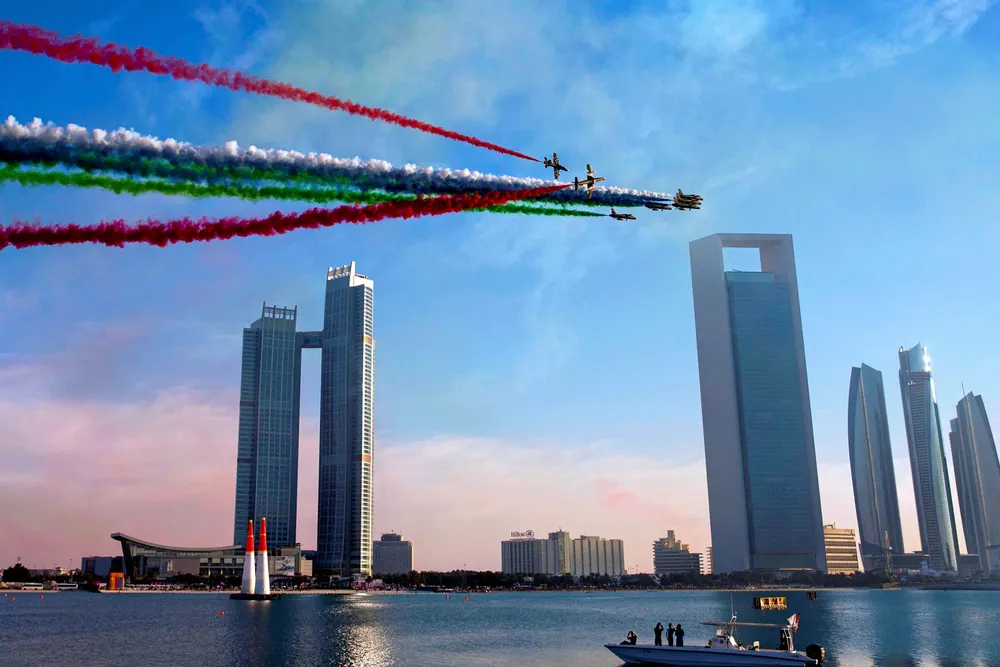UAE sets net-zero target by 2050, ahead of crucial COP26 climate summit
The emirate is the first Persian Gulf nation to set up an ambitious goal to achieve net-zero by 2050

The emirate is the first Persian Gulf nation to set up an ambitious goal to achieve net-zero by 2050
